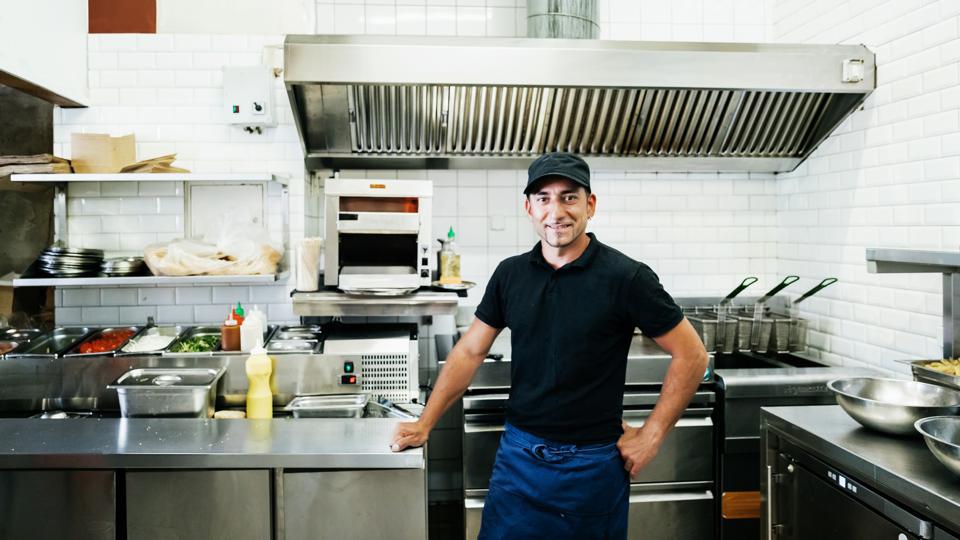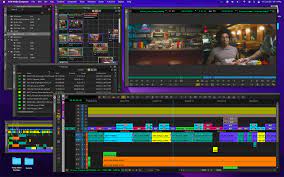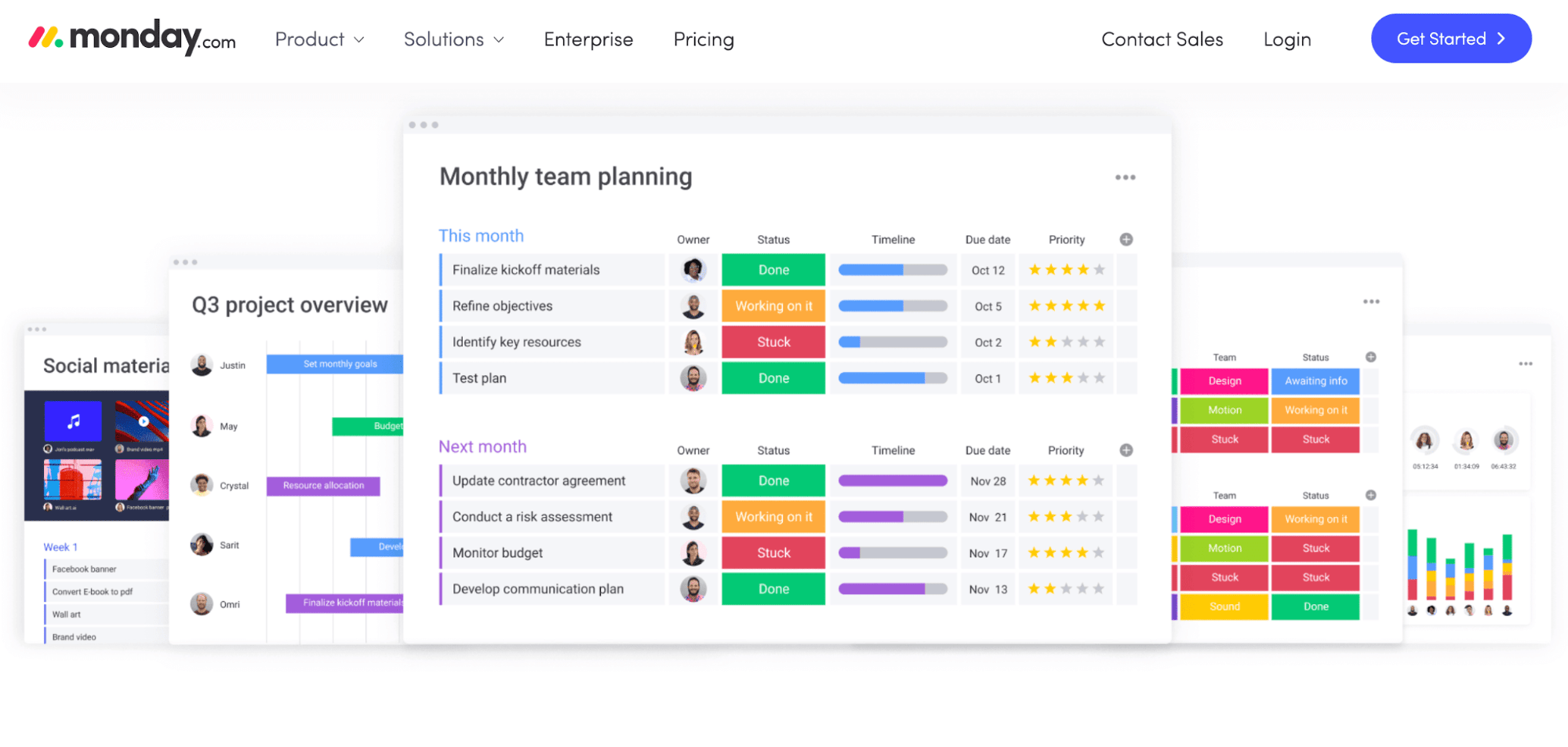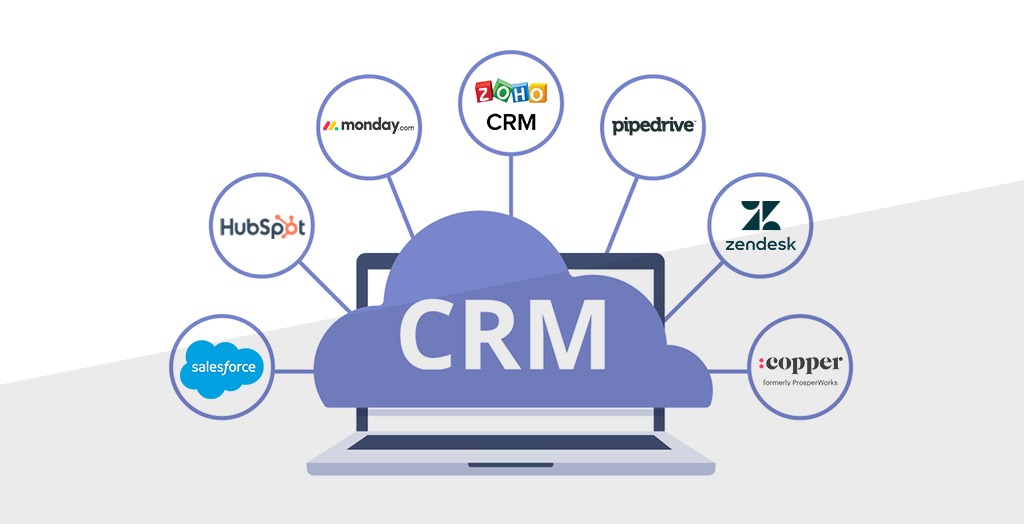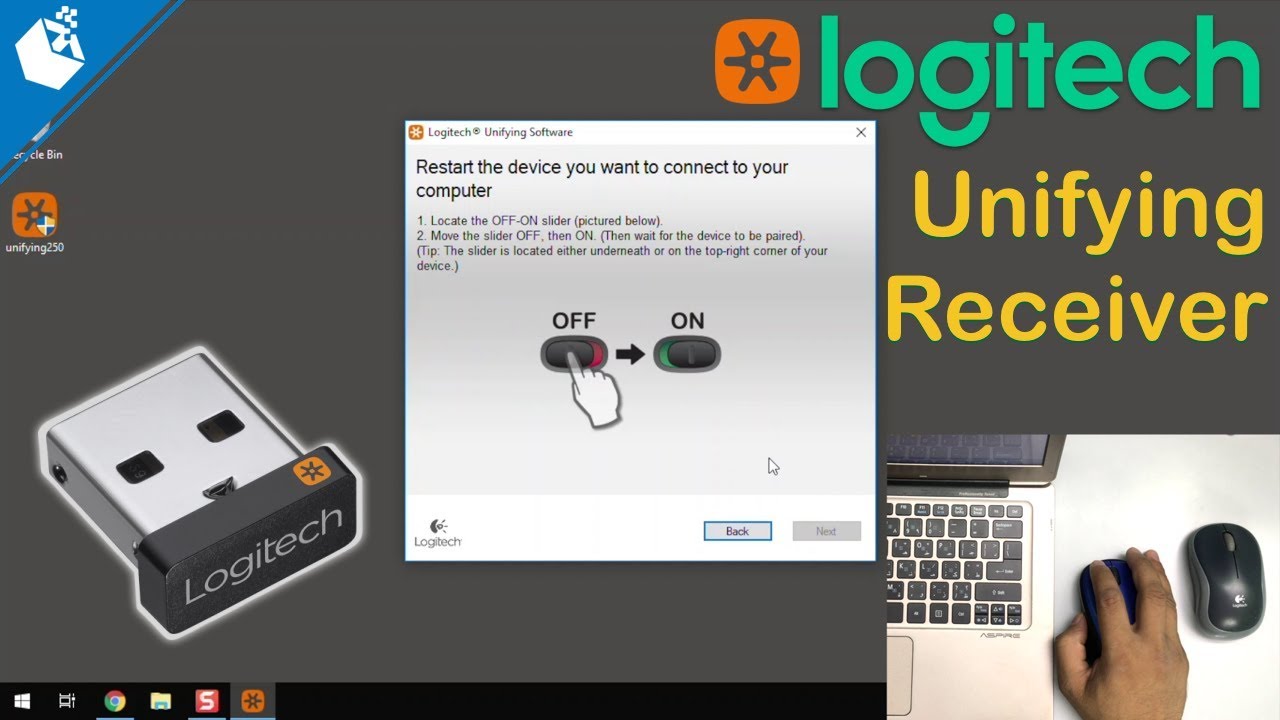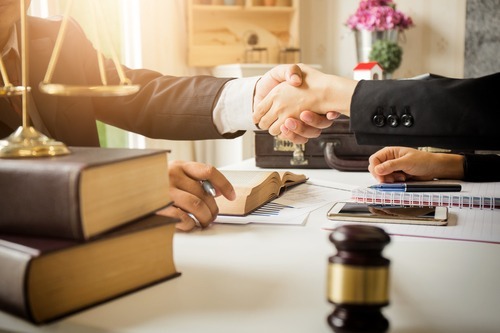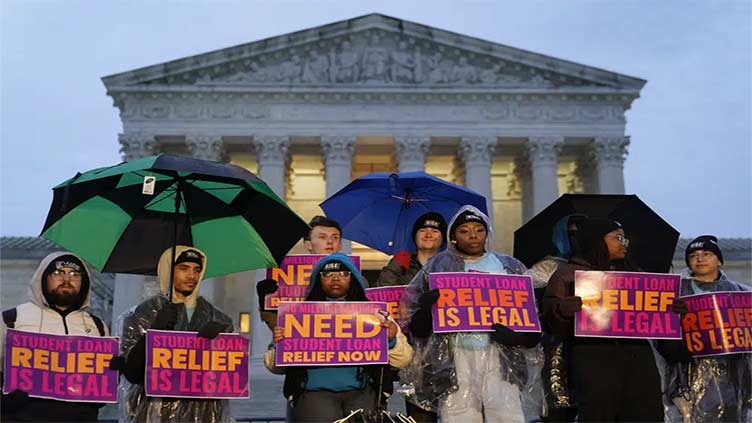What is the cost of restaurant insurance, and which firms provide it?
Whether you’re starting a fast food franchise, a pop-up restaurant, or a neighborhood café, you may be asking what kind of insurance you need to safeguard your capital from the dangers of operating your business. We will discuss the definition of restaurant insurance, its cost, and the features you should consider while comparing insurance providers. Now that you know more, you ought to be able to choose the ideal policy for your eatery.
Does my restaurant require insurance?
If you are a restaurant owner, you must get restaurant insurance. Your tools can be damaged in a kitchen fire, forcing you to close down temporarily. If a patron contracts food poisoning or trips and falls in your restaurant’s dining area, they may file a lawsuit against you. Or perhaps one of your workers sustains an injury at work. If you have the appropriate combination of insurance coverage, you can eliminate all those dangers. State law can require you to have a specific kind of coverage.
You can maintain low prices by obtaining quotations from multiple providers and only purchasing the required coverage. To cut monthly expenses, insurers frequently provide discounts for having numerous policies and more significant deductibles. It would be beneficial if you took additional steps to reduce your risk, such as providing safety training for your staff.
What is covered by insurance for restaurants?
Generally, restaurant insurance is a collection of individual private company insurance policies that cover different risks associated with operating a café. It depends on the type of café you own and whether you require a specific level of security. A sandwich store that delivers is one example; its requirements will differ from those of a pub that sells beer. These are some typical insurance policies that a lot of restaurant operators require.
Workers’ compensation insurance
Most states require firms with more than a threshold number of employees to carry workers’ compensation insurance. This provision protects their employees. Furthermore, even if you employ one person, you may still be compelled to have it in some states.
At the same time, it usually prevents representatives from suing the café owner.
General liability insurance
If a client files a lawsuit for carelessness unrelated to their place of employment, commercial general liability insurance will pay the attorney’s fees and court costs.
This covers slip-and-fall incidents and injuries to people and property, such as when a server spills wine on a customer’s fur coat. If the client is injured, it also covers their medical expenses. It frequently includes cases about advertising allegations, including those involving plagiarism, libel, slander, copyright infringement, and malicious prosecution. Verify if your general liability insurance also covers product liability. This will assist you in protecting yourself from legal costs related to food poisoning.
Commercial property insurance
Commercial property insurance can assist you with reconstruction if a covered loss affects your restaurant or any of its belongings, such as cooking equipment. Common hazards include building collapse, wind and hail damage, vandalism, fire and smoke, damage from cars or airplanes, and certain types of water damage.
If a car collided with your storefront or if a sprinkler leak resulted in water damage, it would be covered. But only in some instances are earthquakes and floods insured, so some restaurant owners purchase supplemental insurance for those risks. If you rent the space, your policy will only cover your belongings and exclude the property. However, it would help if you determined what is covered under the owner’s policy.
Land-Based Marine Insurance
If you transport stock or equipment from one place to another, you’ll also want inland marine insurance. It safeguards company assets that are transported, stored, or transferred. You shouldn’t require this coverage if your property remains at your business.
Protection Against Business Disruptions
Interruption insurance might assist you in returning to profitability if you lose your business. An example is business interruption insurance, which would compensate you for missed income if you were forced to close your doors to repair damage caused by a hurricane. This would enable you to pay your rent or mortgage and any unpaid taxes, outstanding obligations, and salary for your employees. A business owner’s policy (BOP) frequently includes business interruption insurance.
Guidelines for Entrepreneurs
Owners of businesses are covered by commercial property and general liability insurance. Typically, it also includes business interruption insurance. It is designed for small to medium-sized companies. A BOP can also add other coverages, such as equipment breakdown insurance.
Protection Against Damage
Spoilage insurance will replace food that goes bad if your restaurant experiences a power outage or other malfunction.
Protection Against Equipment Failure
You may have to close your business if something significant, such as your oven or air conditioner, breaks down. Equipment breakdown insurance covers malfunctions in computers, refrigerators, air conditioners, and other mechanical, electrical, or pressurized equipment. It also includes reimbursement for lost wages during the machine’s repair and food spoilage resulting from the malfunction. Click Here
Protection Against Food Pollution
Food contamination insurance can assist in covering the costs if you lose food due to contamination or improper equipment cleaning. It also helps you make up for the money you lose if you have to close your restaurant.
Liquor Damage Insurance
If your restaurant is sued for providing alcohol, liquor liability insurance may be able to pay for the defense costs. It also pays for hospital expenses and alcohol-related property damage. A liquor liability insurance coverage covers lawsuits for assault and battery, property damage, and other crimes that can occur while someone is intoxicated, in addition to accidents brought on by drunk driving.
Business Automobile
You’ll require commercial auto insurance if your restaurant employs a truck or other vehicles for deliveries or other business-related purposes. Business cards usually include:
- Uninsured motorist coverage.
- Comprehensive and collision coverage.
- Medical payments.
- Liability for injuries and property damage.
Auto liability coverage for rented and borrowed vehicles
If you send an employee to pick up supplies for your restaurant in their car, that is deemed business use of a vehicle. In case of an accident caused by the driver, your company may be liable for the damages. If your company rents or leases vehicles, or if certain cars it does not own are used for business purposes, you will require a hired and non-owned auto liability policy.
What Does Restaurant Insurance Cost?
Your business’s size, location, type of service, and clientele all affect how much you spend on restaurant insurance annually. Another factor is what kind of coverage you require for your business.
Most restaurants spend roughly $4,000 yearly on workers’ compensation, liquor liability insurance, and business owners’ policies.1 However, some restaurant owners may have to pay more than that for business auto insurance. A business package with a rented space can start at about $299 per year when comparing costs.2
How much does a restaurant’s safety insurance cost?
For $299 a year, restaurants may get an affordable liability insurance plan that includes rental and company property coverage. Your restaurant’s size and location will define your premium. Most restaurants spend $700 annually on Huckleberry for a general liability policy. While some eateries get paid more, others are paid less.20 To discover the most excellent offer for your requirements, you should obtain quotations from several restaurant insurance providers.
